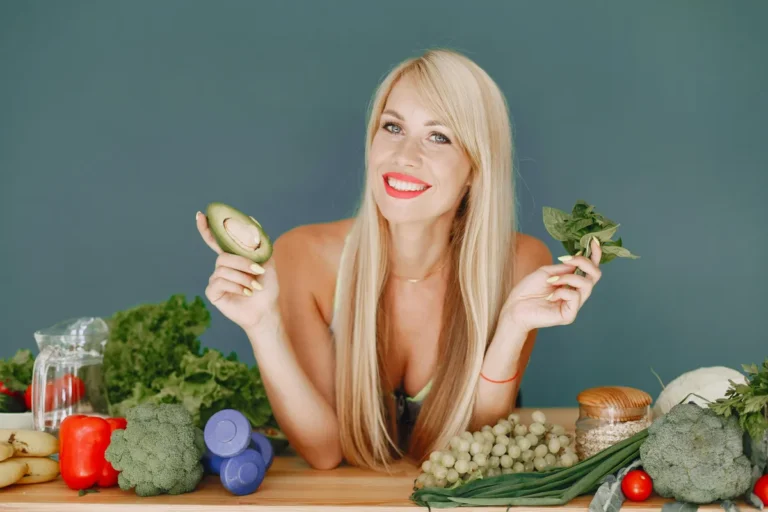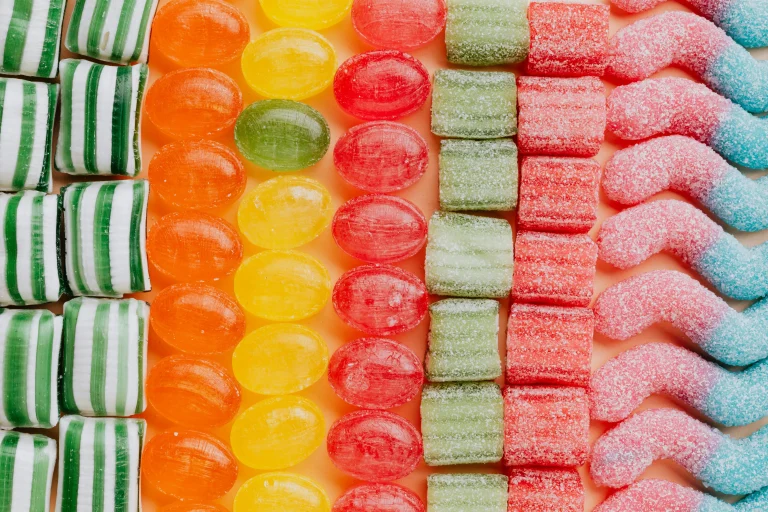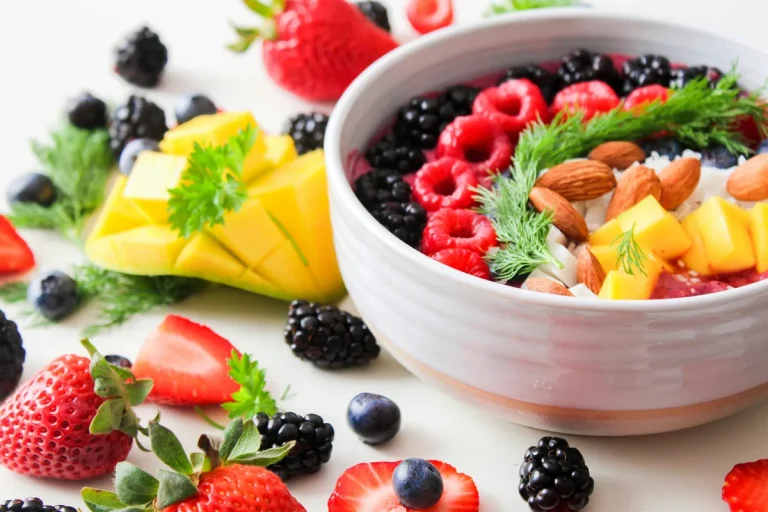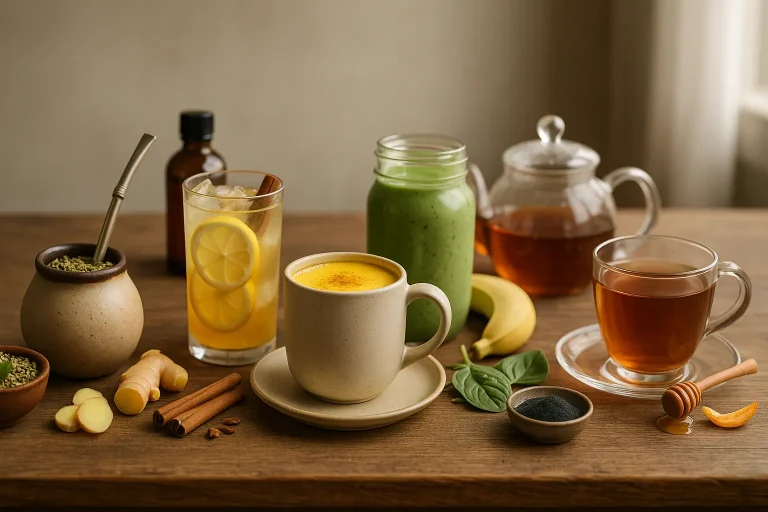Walk into any café, supermarket, or gym, and you’ll find a whole aisle of drinks claiming to be “healthy.” From kombucha and protein shakes to pressed juices and vitamin waters, it feels like we’ve entered a golden age of wellness beverages.
But here’s the thing: not every drink that looks healthy actually supports your body. Many of them hide more sugar, calories, or additives than you might expect. If you’ve ever wondered whether your “clean” drink is actually helping or hurting your nutrition goals, this one’s for you.
The Smoothie Trap
A smoothie sounds like the perfect healthy pick-me-up fruit, yogurt, maybe some spinach, all blended together. But not all smoothies are created equal.
Many store-bought or café versions are loaded with fruit juice, flavored syrups, or frozen yogurt. A single “green smoothie” from a chain shop can easily top 500–600 calories and more sugar than a can of soda.
Better choice: Make smoothies at home using whole fruits (not juice), unsweetened yogurt or milk, and a handful of greens. Add healthy fats like chia seeds, nut butter, or avocado to keep you full longer.
By signing up, you agree to receive emails from RealFit Wellness. You can unsubscribe anytime. See our Privacy Policy.
Your Weekly Wellness Boost
Quick takeaway: A smoothie can be a nutrient bomb or a sugar bomb—what you blend makes all the difference.
Juice: Nature’s Candy
Juice often wears a “healthy halo,” but here’s the truth it’s fruit stripped of its fiber. Without the fiber, your body absorbs the natural sugars quickly, leading to blood sugar spikes and crashes.
Even 100% pure juice can pack in 20–30 grams of sugar per cup. And “cold-pressed” doesn’t change that—it’s still high in sugar, just made with fancier equipment.
Better choice: If you enjoy juice, try diluting it with water or sparkling water to cut the sugar content in half. Or eat the whole fruit instead—you’ll get the fiber and feel fuller for longer.
Quick takeaway: Juice isn’t evil but it’s better viewed as an occasional treat, not a daily habit.
Flavoured Waters and “Vitamin Drinks”
They look refreshing, colorful, and full of promise some even claim to support immunity, focus, or energy. But many “vitamin waters” or flavored beverages rely on added sugars or artificial sweeteners to taste good.
Here’s a little secret: the amount of vitamins they contain is often minimal compared to what you’d get from a balanced diet. What you’re really paying for is the marketing.
Better choice: Opt for plain water, sparkling water with a splash of lemon or cucumber, or herbal teas. If you love the flavour, you can infuse your own water with fruit and herbs at home mint and berries work beautifully.
Quick takeaway: Don’t be fooled by clever packaging most “vitamin waters” are just glorified soft drinks.
Energy Drinks: A Quick Buzz with a Hidden Price
Energy drinks are marketed as productivity boosters but they come with a price. A typical can can contain as much as 200–300 mg of caffeine, plus high sugar levels or artificial sweeteners.
That instant energy rush often leads to dehydration, heart palpitations, or a hard crash later. And when consumed regularly, energy drinks can impact sleep quality, blood pressure, and even your mood.
Better choice: If you need a pick-me-up, go for black coffee or green tea. Both provide caffeine and antioxidants without the sugar overload. Or, focus on small lifestyle tweaks—hydration, balanced meals, and enough sleep—to support real, sustained energy.
Quick takeaway: Energy drinks might wake you up fast but they wear you down even faster.
Plant-Based Milks: Not All Created Equal
Oat milk, almond milk, soy milk plant-based options are everywhere. While they can be great alternatives to dairy, many are packed with added sugars, gums, and oils to improve taste and texture.
Vanilla or “barista-style” versions are often the biggest culprits, turning a coffee into a hidden sugar bomb.
Better choice: Go for unsweetened varieties and check the ingredients. Ideally, the list should be short: water, the main plant (like oats or almonds), and maybe a touch of salt or vitamins. Homemade versions can be even cleaner if you’re up for it.
Quick takeaway: Plant milks can be wonderfully healthy but always check the label before you pour.
Hydration Doesn’t Need Hype
At the end of the day, the healthiest beverage on the planet is still the simplest: water. It supports digestion, skin health, energy, and every function in your body.
That said, variety is fine! Herbal teas, black coffee, and naturally flavored waters all have their place in a balanced routine. The trick is to be mindful—don’t assume every trendy bottle is good for you just because it says “natural,” “plant-based,” or “low sugar.”
Once you start reading labels and paying attention to ingredients, you’ll quickly spot which drinks truly nourish you and which are just sugar in disguise.
Your new ritual: next time you reach for a “healthy” beverage, pause for 10 seconds—check the label, scan the sugar, and decide if it fits your day. Small awareness like that adds up over time.






